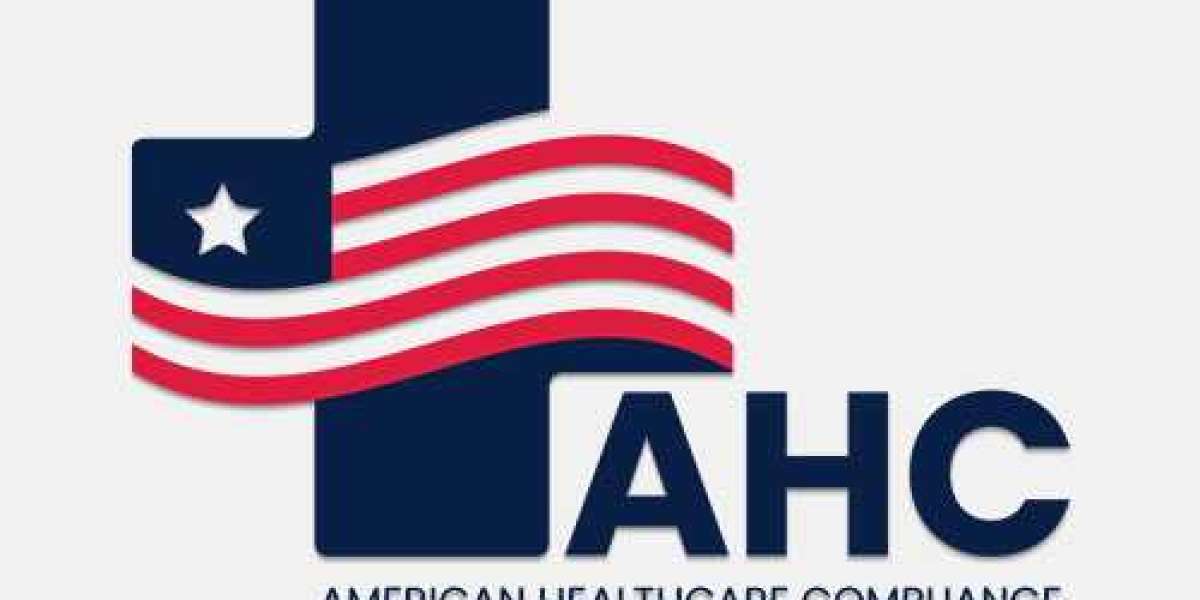Introduction
In the dynamic and intricate landscape of healthcare, ethical standards, patient welfare, and data security stand as paramount priorities. The Health Insurance Portability and Accountability Act (HIPAA) serves as a cornerstone in maintaining these priorities. However, the implementation of healthcare compliance, particularly regarding patient data, requires dedicated professionals. This is where HIPAA officers step onto the stage. In this article, we delve into the realm of healthcare compliance and explore the pivotal role of HIPAA officers in safeguarding patient trust and data integrity.
- Healthcare Compliance: The Cornerstone of Patient Trust
At the heart of healthcare compliance lies the commitment to uphold ethical principles, legal standards, and patient confidentiality. Healthcare providers handle a wealth of sensitive information, from medical records to personal details, necessitating strict adherence to regulations. Compliance ensures that patient rights are protected, quality care is maintained, and the foundation of trust between patients and providers remains unwavering.
- Unraveling the HIPAA Complexity
HIPAA, with its myriad regulations and intricate provisions, can be daunting to navigate. This is where HIPAA officers step in as guides and guardians. They possess an in-depth understanding of the HIPAA Privacy Rule, Security Rule, and Breach Notification Rule. These officers translate the legal jargon into actionable strategies, helping healthcare organizations establish policies and procedures that align with the law while safeguarding patient data.
- The Vital Role of HIPAA Officers
A HIPAA officer is not just a designation; it's a commitment to ensuring data security, promoting ethical conduct, and upholding the reputation of healthcare institutions. These professionals bridge the gap between regulations and practical implementation. They oversee risk assessments, conduct audits, and ensure that data breaches are promptly addressed. The presence of a HIPAA officer signals an organization's dedication to data integrity and patient well-being.
- A Multifaceted Responsibility
The role of a HIPAA officer encompasses various dimensions. They educate staff on HIPAA compliance, fostering a culture of awareness throughout the organization. They collaborate with IT departments to implement robust cybersecurity measures, safeguarding patient data from cyber threats. They also facilitate internal investigations and liaise with legal counsel in case of breaches, ensuring that the organization is equipped to respond effectively to challenges.
- Tailoring Solutions to Unique Challenges
No two healthcare organizations are identical, and neither are their compliance challenges. HIPAA officers tailor their strategies to suit the unique needs and complexities of each institution. They assess vulnerabilities specific to the organization's operations, technologies, and patient demographics, devising customized compliance plans that mitigate risks and promote patient privacy.
- Advocates for Patient Privacy
HIPAA officers stand as advocates for patient privacy in a digital age where personal information is vulnerable to breaches. By staying updated on emerging threats and trends, these officers continually adapt their strategies to address new challenges. This proactive approach ensures that patient data remains secure, instilling confidence in both patients and healthcare providers.
- Navigating Technological Advancements
The healthcare compliance is rapidly evolving, with technology playing a pivotal role in patient care. However, technological advancements also present new avenues for breaches. HIPAA officers are at the forefront of integrating technology securely into healthcare operations. From electronic health records to telemedicine platforms, they ensure that patient data is harnessed effectively while maintaining compliance.
- Upholding Professional Ethics
Beyond regulations, HIPAA officers exemplify professional ethics that resonate throughout the organization. Their commitment to honesty, integrity, and patient-centered care sets a standard for everyone they work with. By embodying these values, HIPAA officers contribute to a culture of transparency and accountability that ultimately benefits both patients and healthcare providers.
Conclusion
In the intricate tapestry of healthcare, compliance emerges as a thread that weaves together ethical standards, patient trust, and data security. The role of a HIPAA officer is that of a guardian, protector, and navigator through this complex realm. By understanding, interpreting, and implementing the regulations set forth by HIPAA, these professionals safeguard patient data, preserve trust, and ensure that healthcare remains a sanctuary of integrity and confidentiality. Their dedication serves as a reminder that healthcare compliance is not just a legal obligation; it's a commitment to the well-being of every patient who seeks care.





